Human environment
Whole human approach
At the Hawthorn Learning we recognise that in order to be able to learn and be happy a child’s physical and psychological needs must be met. In order to do this we utilise a comprehensive neuropsychological exploration of a child’s needs, behaviour and motivation. There are five main elements to human regulation that the brain seeks to regulate; physical, cognitive, sensory, emotional and psychological.
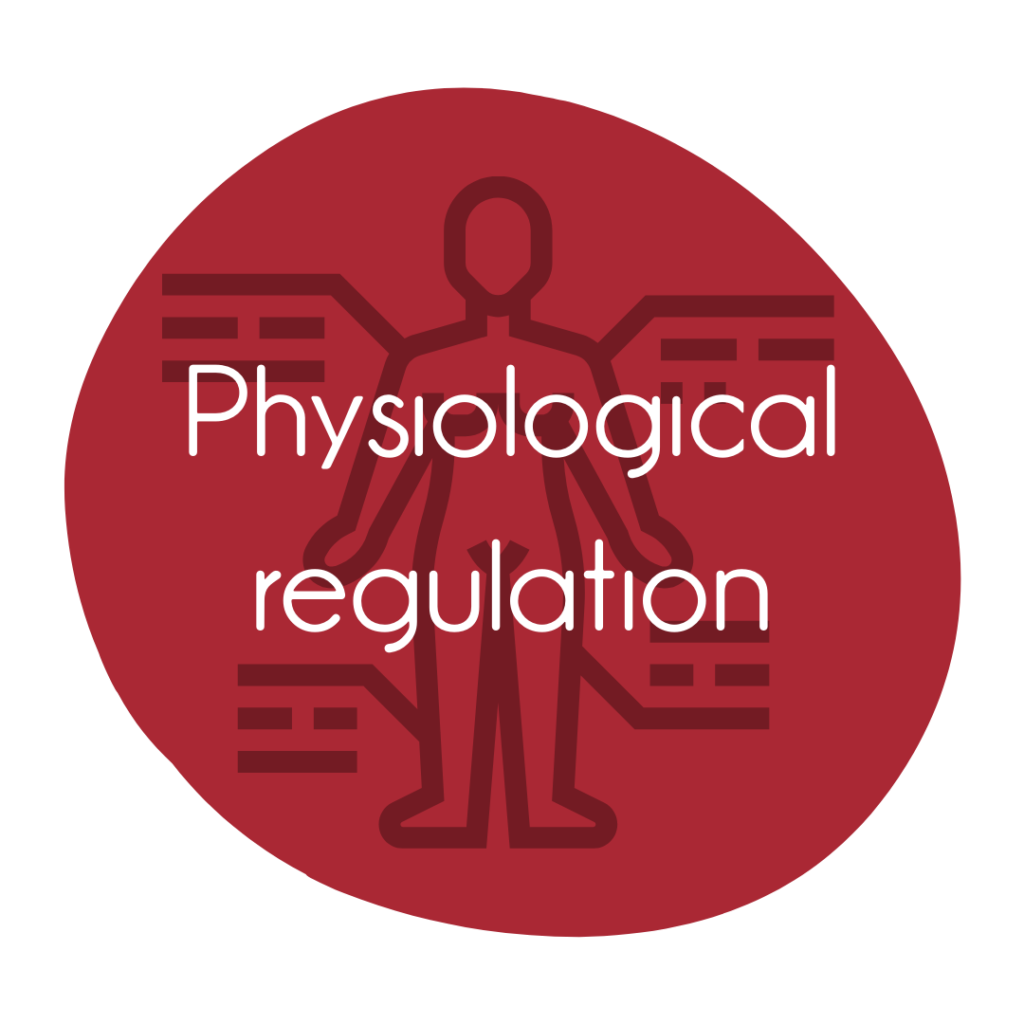
Physical human needs
Physical regulation involves keeping all your relevant body systems in a relative state of homeostasis or balance. In school, keeping children hydrated, physically comfortable, keeping in mind their nutrition and digestion needs.
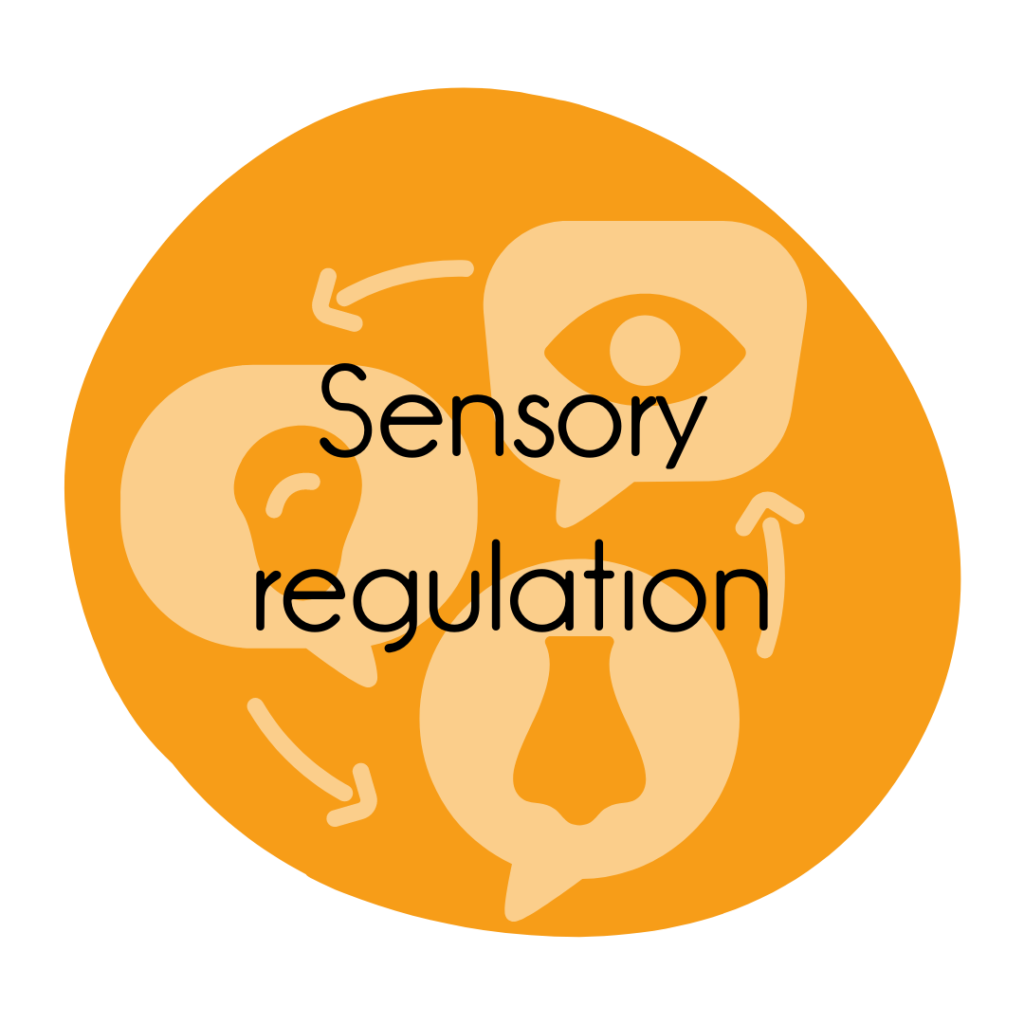
Sensory human needs
Sensory regulation involves balancing all 8 recognised senses to ensure someone is appropriately stimulated and aware, but not overwhelmed. At school we manage each individual’s sensory environment at much as possible to ensure balance, and provide opportunities for anyone with additional sensory needs to meet those, with soothing and stimulation tools.
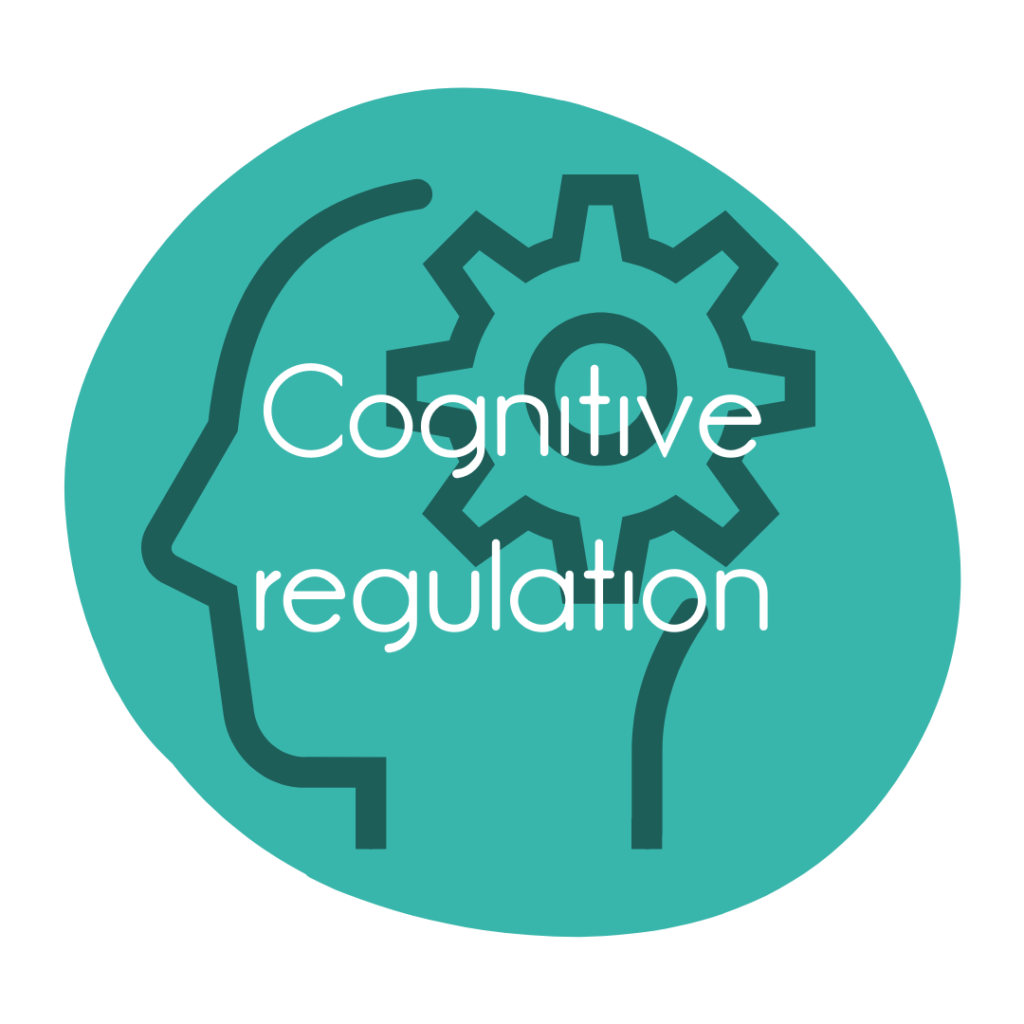
Cognitive human needs
Cognitive regulation involves balancing our use of our thinking processes to ensure we can make clear and considered analysis, perception and understanding.

Emotional human needs
Emotional regulation is a need for you to be able to experience emotions, and respond appropriately to them, without you becoming overwhelmed by them.

Psychological human needs
Psychological regulation is a need to balance our natural drivers of behaviour, ensuring we consider our own personal profile of needs. A human’s psychological needs include; protection, predictability, connection, recognition, novelty and autonomy.
Protection
Protection need is a psychological need to able to protect and care for yourself, have others to protect and care for you, and to have the opportunity to, and capability to, protect and care for others.
Predictability
Predictability need is a psychological need to know what to expect, to feel ready, and to have a rhythm and suitable pace to your life.
Connection
The connection need is a psychological need to have meaningful relationships with other humans, both individually and in community, and with our environment and activities.
Recognition
Recognition need is a psychological need to be accepted and appreciated, to feel capable and useful, and to have a role in your community that is valued.
Novelty
A psychological need for exploration, personal development, pursuit of interest, new and varied experiences and excitement.
Autonomy
The autonomy need is a psychological need for personal freedom, agency in your own personal values, and to be self-directed.


